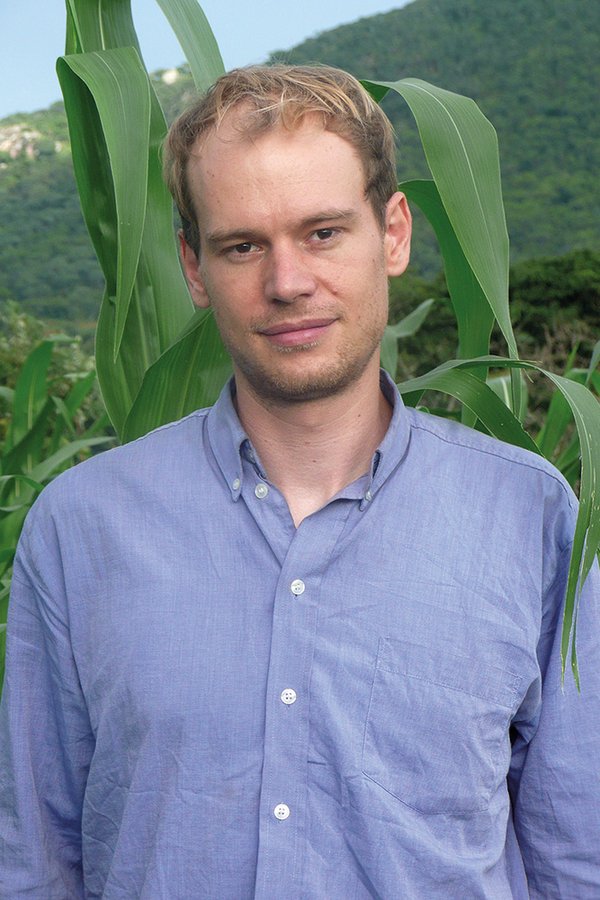 Download this article in magazine layout
Download this article in magazine layout
- Share this article
- Subscribe to our newsletter
We need more than apps
Imagine a smallholder farmer in Zambia – let’s call her Rhoda. Every morning, Rhoda feeds her cows following the advice of an app on her smartphone. She then feeds her children, again listening to an app. Once the children are at school, she plants maize. An app has told her when to do that. The same app has suggested her the type of seeds to be used and will later tell her when to apply fertiliser.
One can read the story of Rhoda with excitement. Perhaps rightly so – after all, don’t all these apps help Rhoda to be a better farmer? But one may also read it feeling concerned. The story of excitement has been repeated many times, so let’s take a concerned perspective here. Rhoda readily follows the advices of her apps. This raises two questions. How good are such advices? And more fundamentally, how do we envisage future farmers to be?
The crucial issue is how trustworthy the recommendations are that the farmers receive via their smartphones. Eduardo Nakasone and Maximo Torero have reviewed many of these apps and come to mixed conclusions. Clearly, the consequences of bad advice become bigger the more far reaching m-services envision to be. The International Crops Research Institute for the Semi-Arid Tropics, ICRISAT is currently developing an app that promises to guide farmers through the entire farm season. For example, using algorithms and artificial intelligence, farmers are recommended, what to plant. Based on their decision the next steps are suggested, such as what fertiliser to use. This is reminiscent of the 1960s and 1970s, when experts thought they knew more about farming than local farmers, which often led to disastrous results. Today, our hope again lies in the knowledge of experts, this time combined with algorithms and artificial intelligence. The ICRISAT app aims to consider local elements. But can it really capture all the locality-specific factors that are needed for good advice, the diversity of the farms and farmers, their labour constraints, their soil types, their skills and their market access?
Let us assume that the ICRISAT app can work perfectly well – perhaps it will. Even then, it can be used to illustrate my second point. The app envisions to automatically guide farmers through the farm season. But do we really want this? Do we want farmers that merely follow commands, farmers that function like factory hands? Or do we want farmers who have the knowledge and skills to question such advice? Farmers that understand why some advice makes sense and then follow it, but who also have the knowledge and confidence to readjust, question and resist bad advice. One may say that this line of argument underestimates the capacities of farmers or that apps merely support decisions. But the line between supporting and making decisions may be thin.
Portraying m-services so blankly may seem extremely unfair, and I apologise for this. But portraying them as silver bullets may be equally unfair. If the history of agricultural development has told us anything, it is that there are no silver bullets. Admittedly, some m-services do have the potential to truly empower farmers (see also Daum, 2018). A farmer knowing the market price of the maize he or she wants to sell can bargain better than one who does not have this knowledge. A farmer knowing the local weather for the days to come clearly has an advantage – although truly local and reliable forecasts are still hard to come by. But the hype about m-services should not make us blind about their downsides. Some of them can easily be addressed, for example, by providing quality control and complimentary ICT-literacy. Others require more efforts. M-services may help to advice farmers, yes, but for farmers to truly be empowered, they also need to understand the logic behind such advices. For this, traditional extension and vocational training will continue to be key. M-services can supplement these efforts, but they should not substitute for them.
Thomas Daum is a research fellow at the Hans Ruthenberg Institute of Agricultural Sciences in the Tropics at the University of Hohenheim, Germany. His work focuses on social and institutional aspects of agricultural development. He has worked on aspects related to agricultural mechanisation, youth aspirations, ICTs, gender, time use and nutrition.
Contact: thomas.daum@uni-hohenheim.de
References
Daum (2018). ICT Applications in Agriculture. Encyclopedia of Food Security and Sustainability. Elsevier, Amsterdam, Netherlands.
Nakasone, E., & Torero, M. (2016). A text message away: ICTs as a tool to improve food security. Agricultural Economics, 47(S1), pp. 49-59.





Add a comment
Be the First to Comment